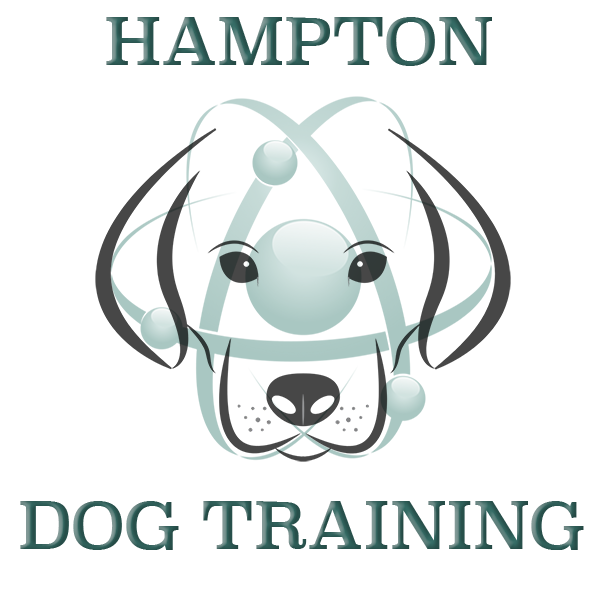Why Does My Dog Eat Poo? (And What Can You Do About It?)
As a dog owner, few things are more perplexing—or frankly, more off-putting—than seeing your beloved pet eat poo. While it may seem gross to us, this behaviour, known as coprophagia, is actually relatively common in dogs. But why do they do it, and what can you do to stop it? Let’s explore the causes and remedies for this behavior.
Why Do Dogs Eat Poo?
There are a variety of reasons why your dog may be eating poo, ranging from normal behaviour to medical issues. Let’s break it down:
1. Instinctual Behaviour
Dogs are scavengers by nature. In the wild, wolves and other canines have been known to eat poo, either out of necessity or to clean their den area. Some dogs might simply inherit this natural scavenging instinct.
Mother dogs often eat the poo of their puppies to keep their environment clean and free from predators. Puppies might observe and mimic this behavior, and it can sometimes persist into adulthood.
2. Attention-Seeking
Dogs are incredibly intuitive when it comes to human emotions. If your dog notices that eating poo gets a strong reaction from you—whether you yell or rush to stop them—they may continue to do it just to grab your attention.
3. Nutritional Deficiency
Sometimes, coprophagia is a sign of an underlying dietary imbalance. If your dog is lacking certain nutrients, vitamins, or minerals, they might turn to other dogs poo as a way to make up for the deficiency. Poor-quality dog food or over-restricted diets may not meet all of your dog's nutritional needs.
4. Boredom and Anxiety
Dogs left alone for long periods or not given enough mental and physical stimulation might engage in unusual or destructive behaviours, like eating poo, as a way to cope with boredom, stress, or separation anxiety.
5. Medical Causes
Certain health issues can lead to coprophagia. Dogs with intestinal parasites, malabsorption disorders, or pancreatic insufficiency may be more likely to eat poo due to their body’s inability to absorb nutrients properly. Even conditions like diabetes and Cushing's disease can trigger this behaviour.
6. Curiosity in Puppies
Puppies are naturally curious and tend to explore their world with their mouths. For young dogs, eating poo may simply be a part of learning what is (and isn’t) food. This behaviour often fades as they grow older, but can sometimes persist if not addressed.
How to Stop Your Dog from Eating Poo
Once you’ve identified the reason behind your dog’s coprophagia, you can begin addressing the issue. Here are several solutions and remedies:
1. Vet Checkup
The first step in tackling this issue is to ensure that your dog isn’t suffering from any underlying medical condition. Your vet can conduct tests to rule out issues such as nutrient malabsorption, parasites, or other health concerns that might be causing the behaviour.
2. Improve Their Diet
If your vet identifies a nutritional deficiency, adjusting your dog’s diet may help. Make sure you’re feeding your dog high-quality food with the right balance of proteins, fats, vitamins, and minerals. Some dogs may benefit from supplements such as digestive enzymes, probiotics, or vitamins to improve nutrient absorption and reduce the desire to eat poo.
3. Keep Their Environment Clean
An effective and simple solution is to remove poo as soon as your dog eliminates. Keeping your garden clean and picking up after walks can greatly reduce opportunities for your dog to engage in this behaviour.
4. Provide Mental Stimulation and Exercise
Make sure your dog is getting plenty of physical activity and mental stimulation. Dogs with enough exercise and playtime are less likely to become bored or anxious, reducing the likelihood of coprophagia. Puzzle toys, games, and interactive play can help engage their minds and keep them occupied.
5. Train Them Not to Eat poo!!!!!
As a dog trainer, this would be my go to. However, a visit to the vet just to be safe is also advisable.
Teaching a basic command such as "leave it" can help you redirect your dog when they approach poo. Rewarding them with treats, praise and/or play when they respond correctly will reinforce good behaviour. Consistency is key, so be diligent in correcting and redirecting your dog every time they attempt to eat poo. You also get more bang for your buck with this command. Once taught it can be used in so many other circumstances like scavenging food off the ground or deterring unwanted interactions.
Final Thoughts
While coprophagia is a disturbing and unhygienic habit, it’s important to remember that it’s often a normal canine behaviour, not a sign of a serious problem. Identifying the cause behind your dog’s behavior is the first step toward managing it effectively. With a combination of dietary adjustments, training, environmental management, and possibly veterinary care, you can help your dog kick the poo-eating habit for good.
If the behaviour persists don't hesitate to contact me
